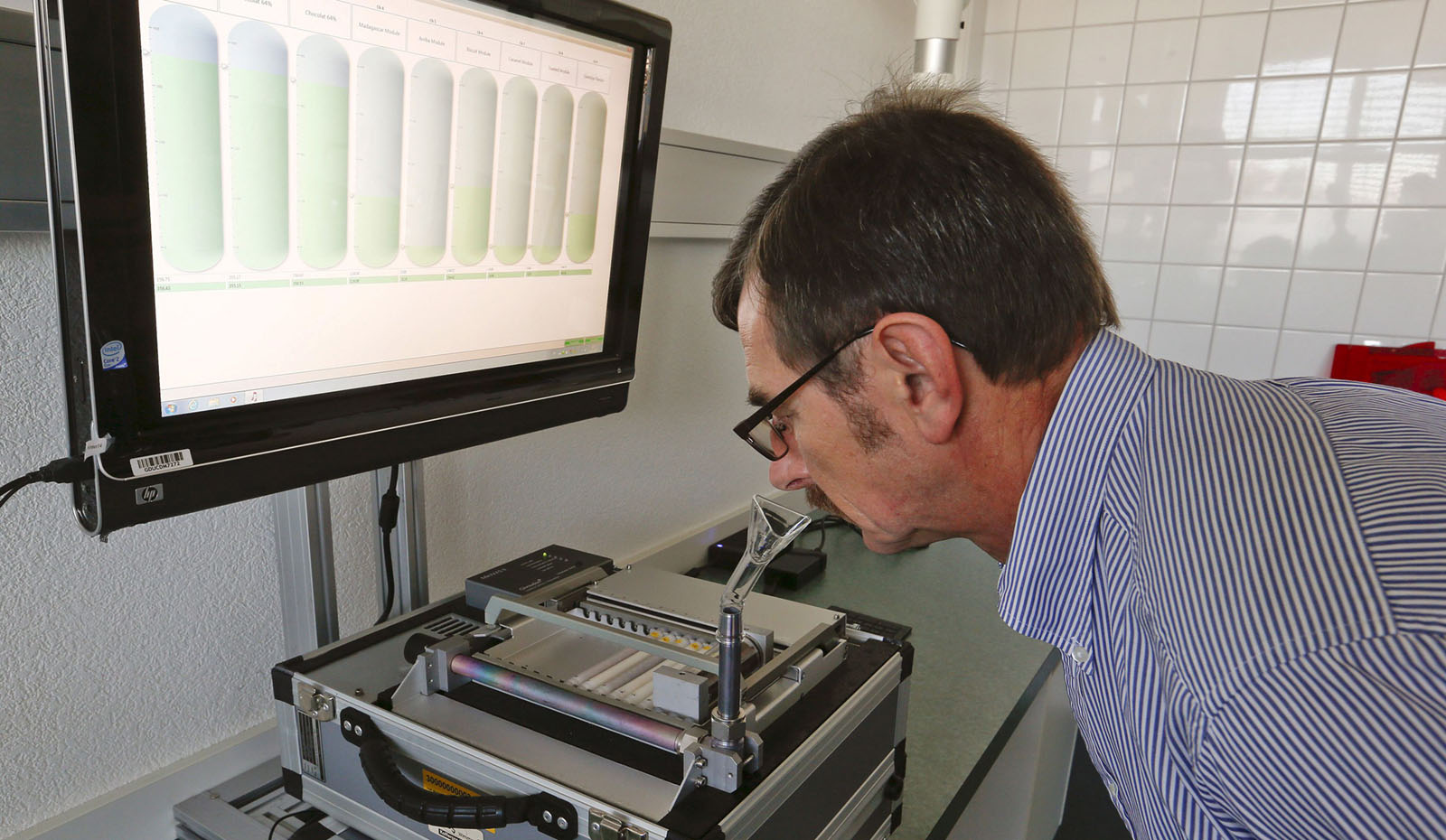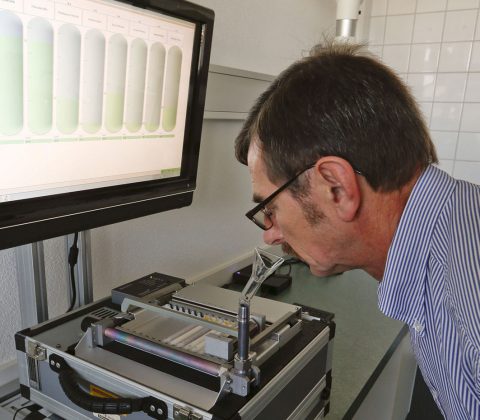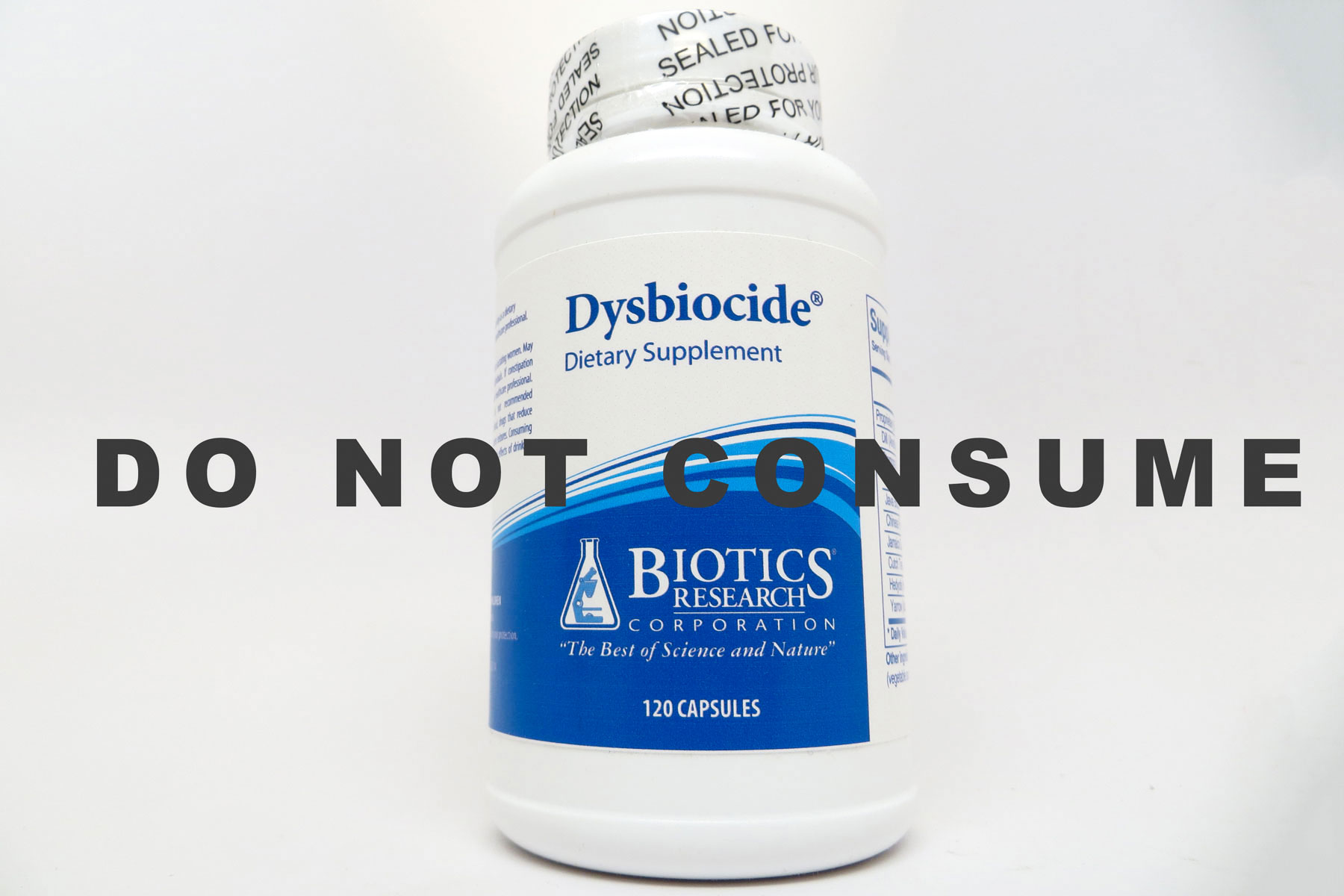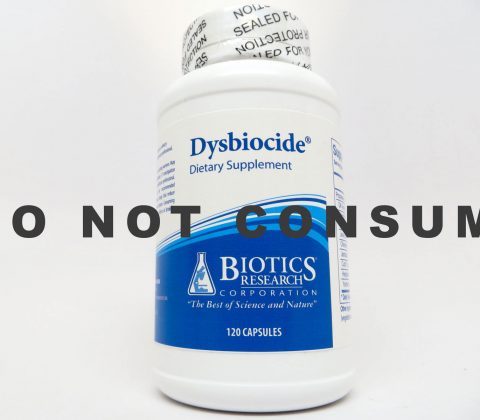Posts Tagged: cancer
AI-assisted cancer screening could cut radiologist workloads in half
A newly published study in the the Lancet Oncology journal has found that the use of AI in mammogram cancer screening can safely cut radiologist workloads nearly in half without risk of increasing false-positive results. In effect, the study found that the AI’s recommendations were on par with those of two radiologists working together.
“AI-supported mammography screening resulted in a similar cancer detection rate compared with standard double reading, with a substantially lower screen-reading workload, indicating that the use of AI in mammography screening is safe,” the study found.
The study was performed by a research team out of Lund University in Sweden and, accordingly, followed 80,033 Swedish women (average age of 54) for just over a year in 2021-2022 . Of the 39,996 patients that were randomly assigned AI-empowered breast cancer screenings, 28 percent or 244 tests returned screen-detected cancers. Of the other 40,024 patients that received conventional cancer screenings, just 25 percent, or 203 tests, returned screen-detected cancers.
Of those extra 41 cancers detected by the AI side, 19 turned out to be invasive. Both the AI-empowered and conventional screenings ran a 1.5 percent false positive rate. Most impressively, radiologists on the the AI side had to look at 36,886 fewer screen readings than their counterparts, a 44 percent reduction in their workload.
“These promising interim safety results should be used to inform new trials and program-based evaluations to address the pronounced radiologist shortage in many countries, but they are not enough on their own to confirm that AI is ready to be implemented in mammography screening," lead author, Dr Kristina Lång, warned in a release. “We still need to understand the implications on patients’ outcomes, especially whether combining radiologists’ expertise with AI can help detect interval cancers that are often missed by traditional screening, as well as the cost-effectiveness of the technology.”
Cancer detection has been an aspirational goal for computer vision researchers and AI companies for years now. I mean, who doesn’t want to be the company to build the tricorder that infallibly spots cancerous growths in their earliest stages? Machine vision systems designed for these screenings have improved steadily in recent years and in specific cases have shown to be as reliable as human clinicians, with the likes of IBM, Google, MIT and NVIDIA investing in similar cancer screening research in recent years.
This article originally appeared on Engadget at https://www.engadget.com/ai-assisted-cancer-screening-could-cut-radiologist-workloads-in-half-193427969.html?src=rss
Engadget is a web magazine with obsessive daily coverage of everything new in gadgets and consumer electronics
Graphene ‘stimulation’ could selectively kill off cancer cells
A chance lab discovery is opening up the possibility for wide-scale improvements in drug screening, application of selective painkillers, and selectively nuking cancer cells. The mystery material? Graphene, a semi-metal that's composed of a single la…
Engadget RSS Feed


Simple breath test can detect cancer and 16 other diseases
 Ancient Greek physicians figured that our breath was a strong health indicator, but researchers from the Israel Institute of Technology have proven just how true that is. They developed a device that uses nanoparticles to identify 17 different disea…
Ancient Greek physicians figured that our breath was a strong health indicator, but researchers from the Israel Institute of Technology have proven just how true that is. They developed a device that uses nanoparticles to identify 17 different disea…
Engadget RSS Feed
Washington State’s smartphone spectrometer detects cancer with 99 percent accuracy
Led by assistant professor Lei Li, a research team from Washington State University developed a smartphone spectrometer that can measure up to eight samples at once. This looks to drastically improve cancer detection.
The post Washington State's smartphone spectrometer detects cancer with 99 percent accuracy appeared first on Digital Trends.
Science fiction uses ultraviolet light to kill vampires: real science uses it fight and kill something worse — cancer
Sci-Fi taught us ultraviolet light was a weapon to use against the scary undead stalking the night. Actual science has discovered that it may be an extremely effective treatment for cancer.
The post Science fiction uses ultraviolet light to kill vampires: real science uses it fight and kill something worse — cancer appeared first on Digital Trends.



 The FDA has issued a warning to social media users not to be taken in by miracle cures hawked on the internet. The agency found 14 companies that made fraudulent, outrageous claims about the power of their medicines on platforms like Facebook and Ins…
The FDA has issued a warning to social media users not to be taken in by miracle cures hawked on the internet. The agency found 14 companies that made fraudulent, outrageous claims about the power of their medicines on platforms like Facebook and Ins…